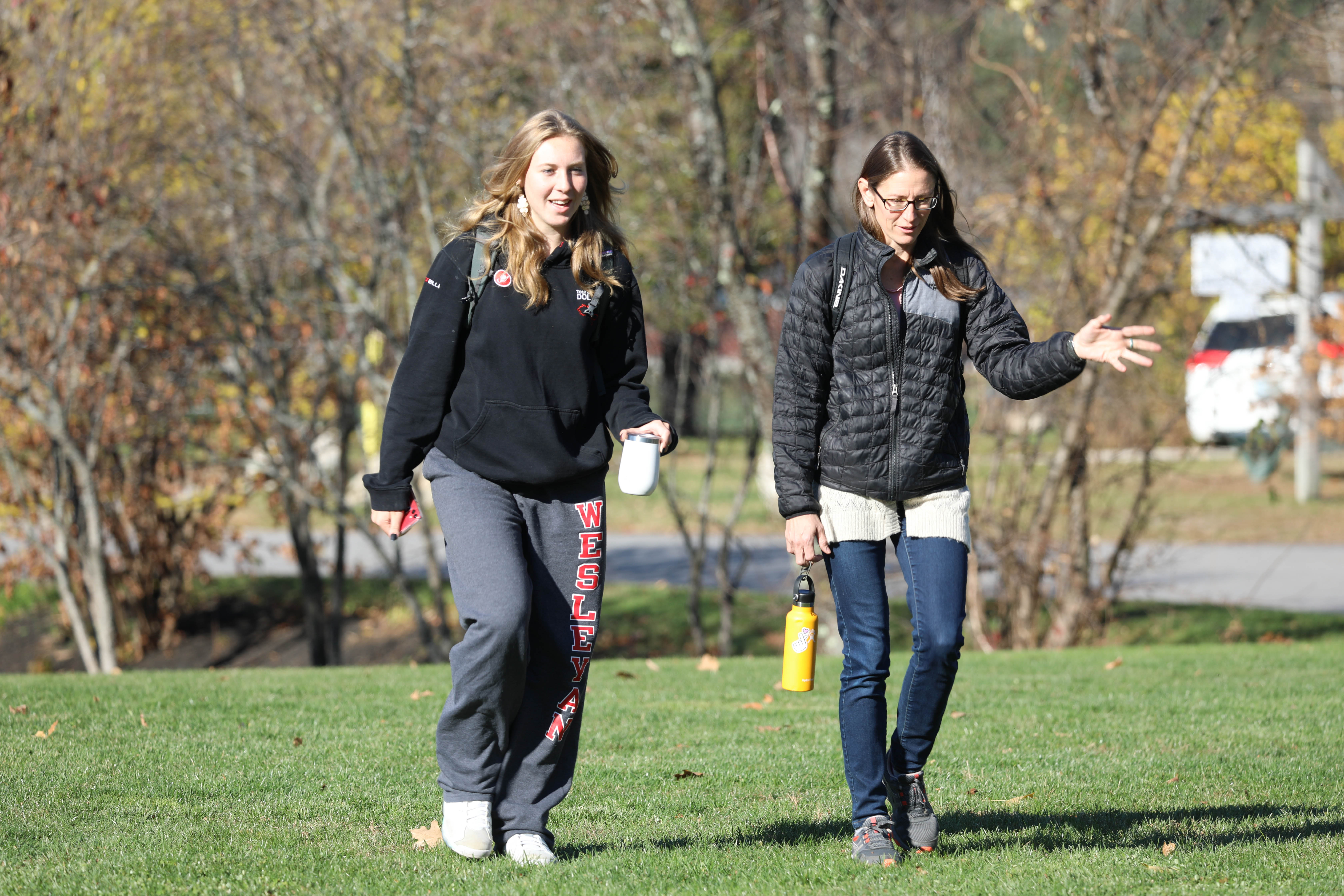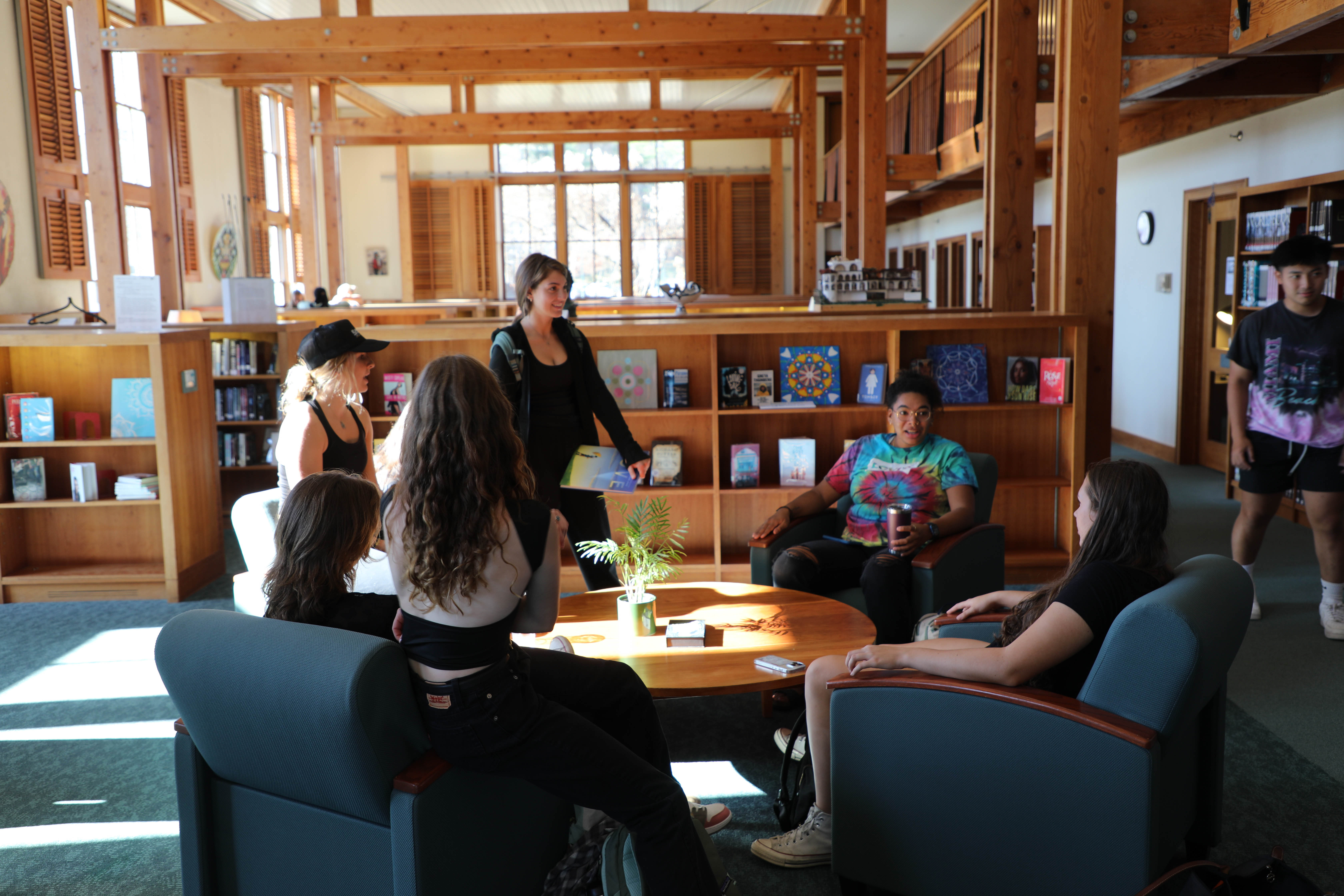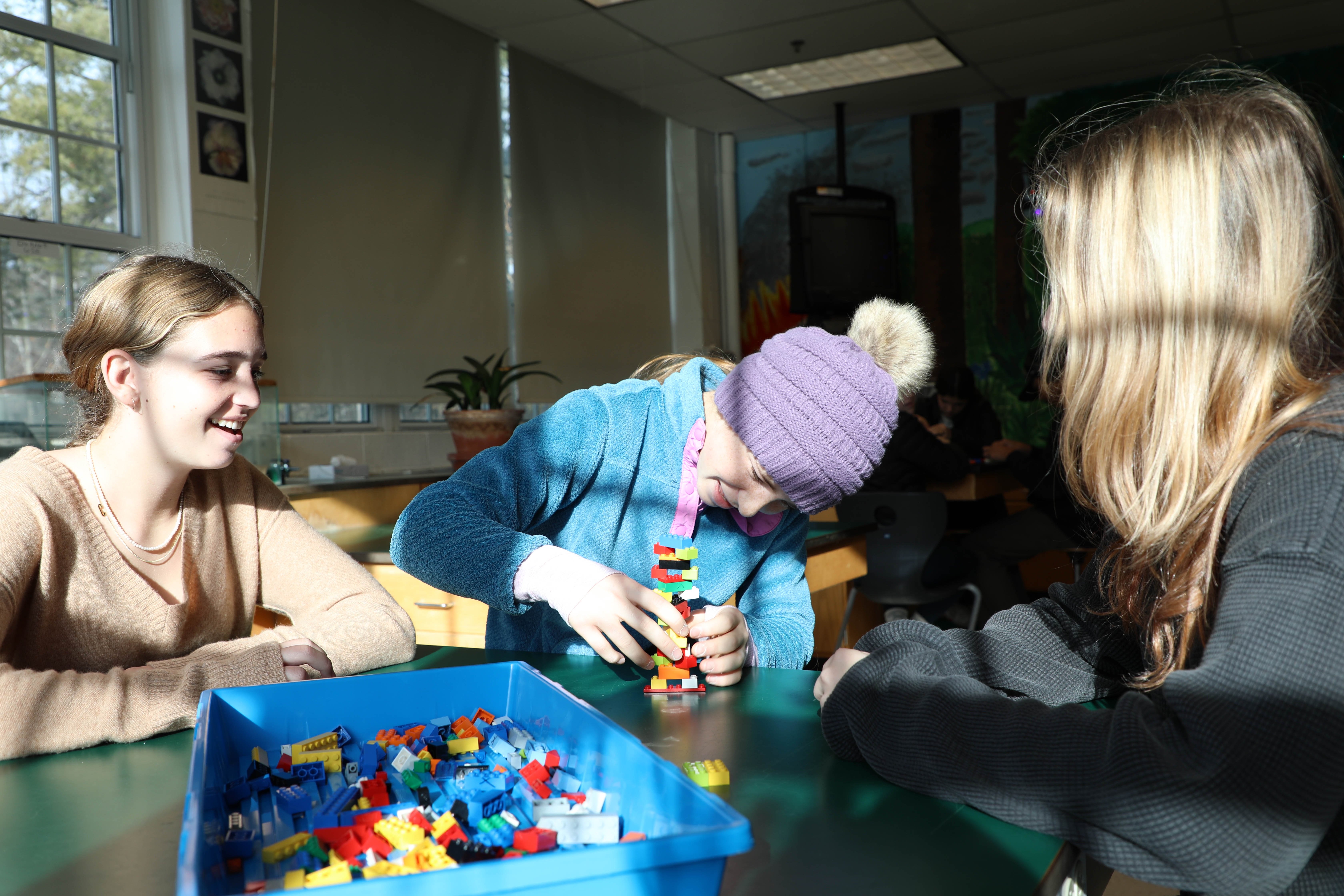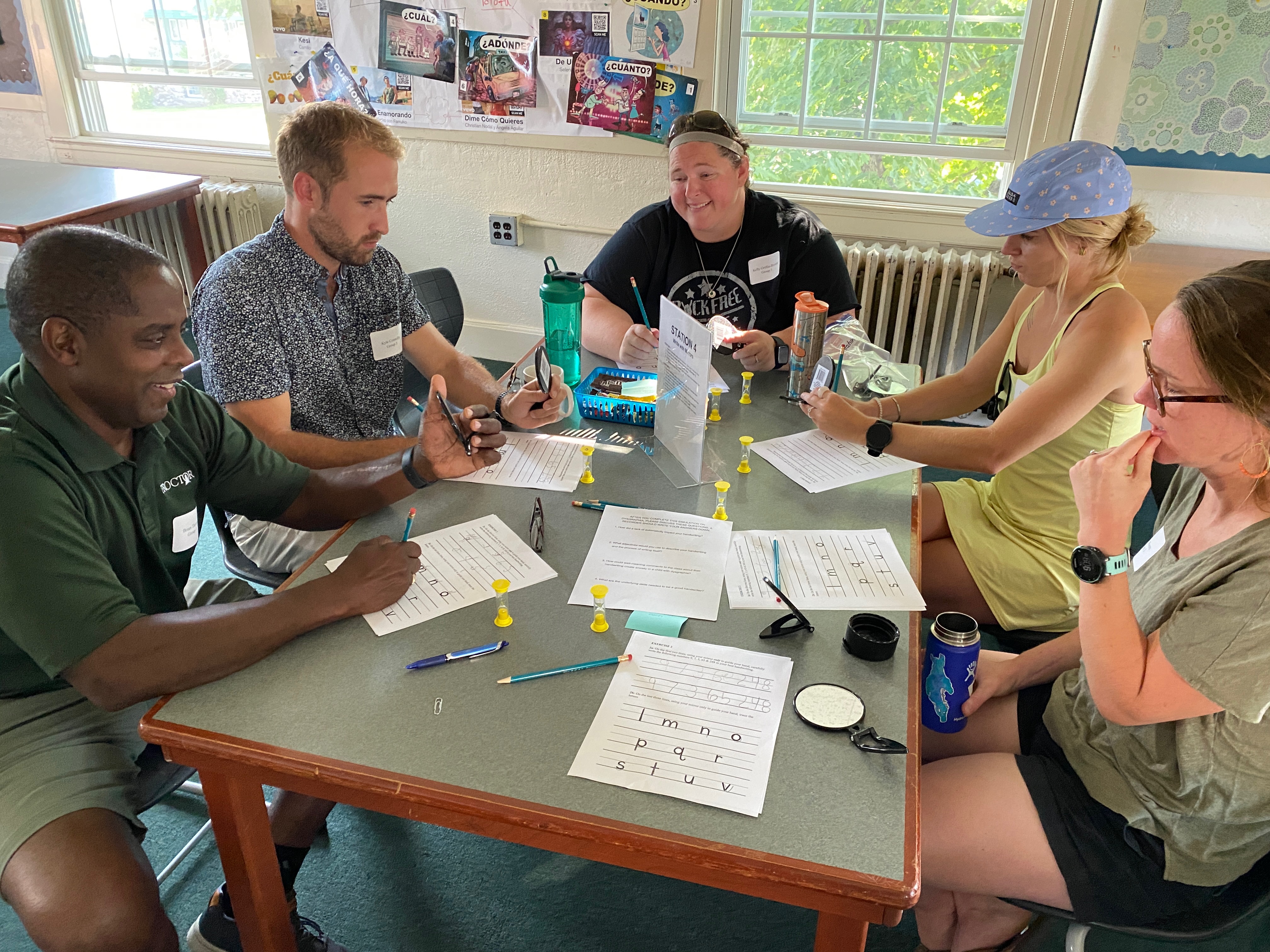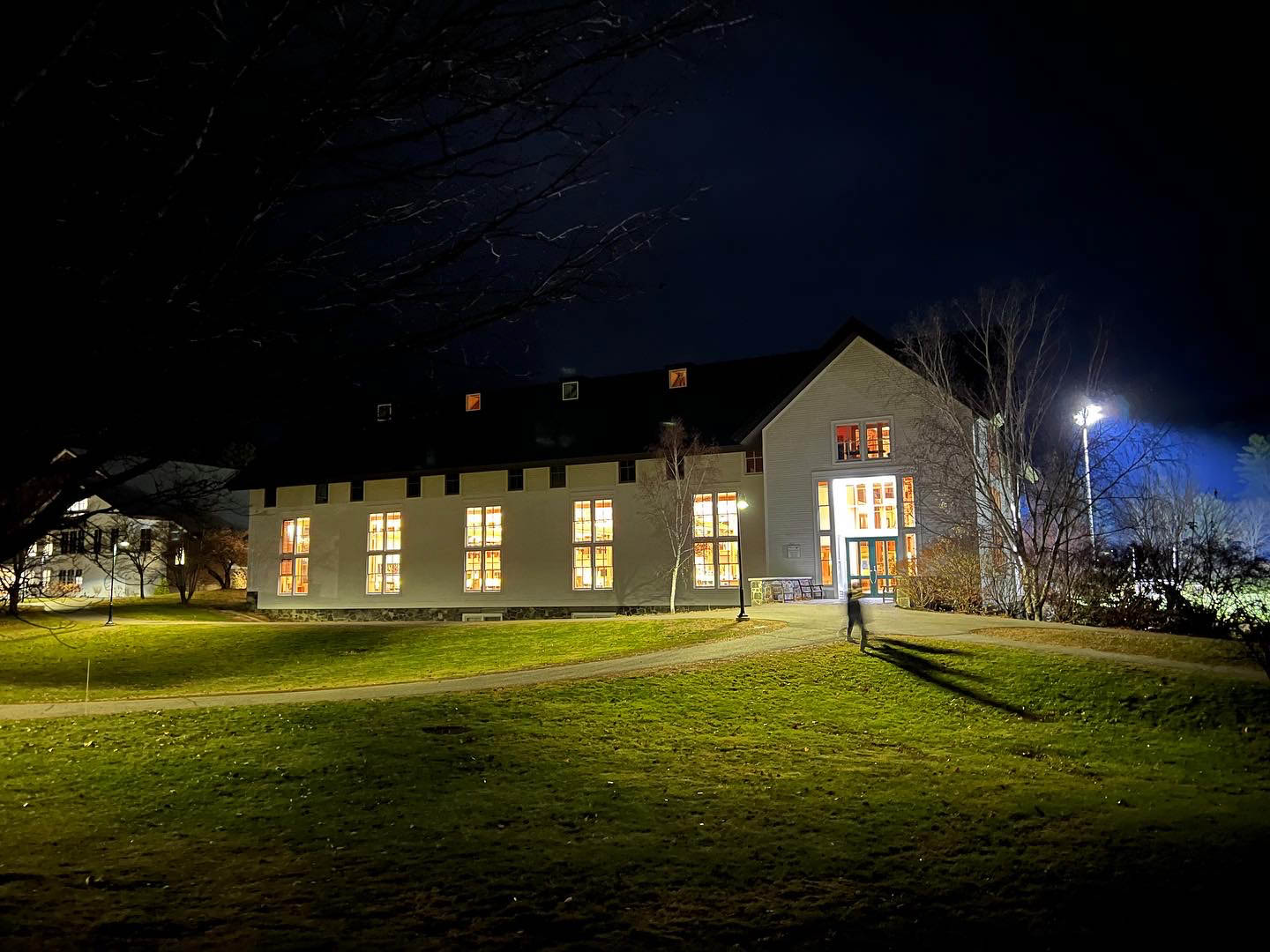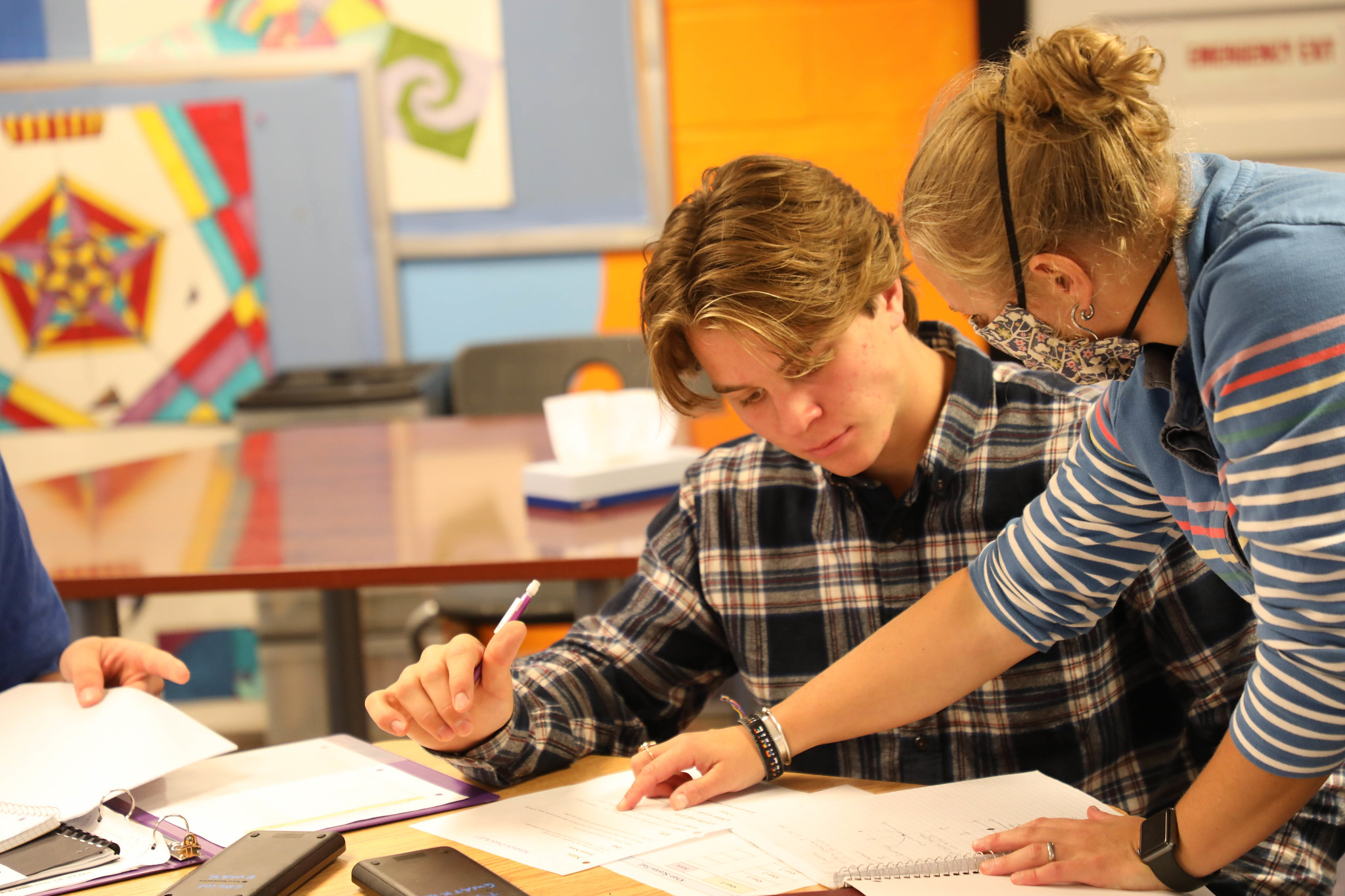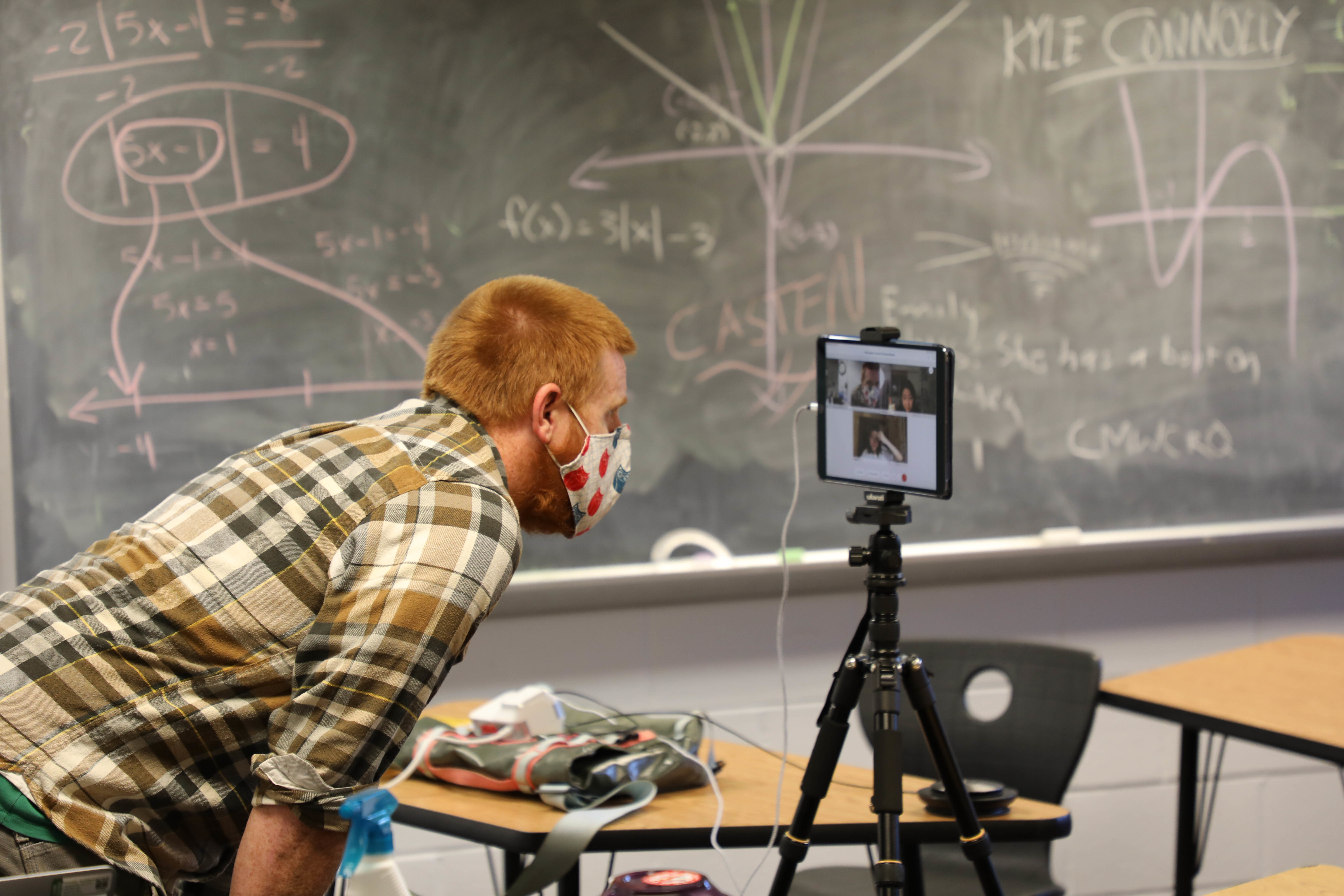Living in Colorado and working professionally as an actor and carpenter in the theater industry, Jennifer Summers moved to New Hampshire with her husband, and Proctor alum, Gordon Bassett ‘96 in the summer of 2013 not knowing how her career might evolve. Gordon had just been hired to take over Proctor’s machine shop from longtime industrial arts educator Everett Jones ‘49 and to coach kayaking alongside fellow alum Corby Leith ‘92.
Academic Lens: When Teachers Become Students
Jan 25, 2023 12:46:21 PM“I wish I could be a student here.” In my first few months working at Proctor, it’s hard to count how many times I’ve heard my fellow faculty say these words. I hear it in the dining hall, I hear it when faculty speak with visiting families, I occasionally hear it when teachers are (gently) reminding their students how many wonderful opportunities they have at their disposal.
Academic Lens: Understanding Obstacles to Engagement
Dec 1, 2022 12:40:58 PMAn underlying theme of our work as teachers this year has been engagement. How can we best engage our students and engage ourselves in the Proctor community. This engagement comes in many forms - in classrooms, on teams, in dorms, and in advisories - but central to helping students feel connected and invested in community is our willingness as adults to meet our students where they are, understanding the stressors and motivators in their lives.
Professional Development: Building a Community Rooted in Empathy and Compassion
Aug 26, 2022 3:09:25 PMWhen we peel back the layers of Proctor’s educational model - the programs, buildings, and people who make up our community - we find a shared understanding that, at its core, our work is to create, sustain, and teach young people how to live in meaningful relationship with others. The past two days of faculty professional development covered a wide range of issues, all centered on creating and sustaining an inclusive community that celebrates the remarkable diversity of learning styles, family histories, cultures, and backgrounds that exists within Proctor.
Academic Lens: Individual Contributions to Community
Nov 29, 2021 9:28:32 PMProfessional Development days at Proctor look little like they might for a public school faculty simply because the spectrum of responsibilities extends well beyond the classroom. For most teaching faculty, time in the classroom represents only half of their job as they are also advisors, coaches, and dorm parents. Within all of these roles, our core responsibility remains focused on our mission of valuing the individual and recognizing the potential of each member of our community to stretch beyond what they had thought possible.
Academic Lens: An Evolving Math Curriculum
Oct 19, 2021 8:00:00 AMThe Proctor Mathematics Department has begun a transition from a textbook-based curriculum to one that is centered around rich tasks that all students can access (low floor, high ceiling). We believe that everyone can learn mathematics, and feel that transitioning from textbooks will help us further our vision of equitable learning.
Academic Lens: How Being a Beginner Makes Us Better
Jan 7, 2021 6:54:17 AMNormally my winters are spent in the gym coaching one of Proctor’s basketball teams or one of my three kid’s local rec teams. But with youth basketball programs on hiatus until later this winter due to COVID-19 and Proctor on an extended break, I decided this winter would be a great time to dust off the Nordic skis that usually get one or two uses a year.
Pursuing Our Best Selves: Questioning and the Heart of Learning
Dec 3, 2019 10:14:01 AMNatural learning requires the transfer and construction of knowledge. Spend time with toddlers as they explore the world around them. They touch, feel, taste, form a hypothesis, test the hypothesis, evaluate their findings, and then explore again. Over the last two days, faculty have engaged in professional development conversations exploring the learning cycle and how we can deepen our own understanding of how to create classroom experiences that encourage students to ask questions and pursue understanding. How do we give our students the autonomy to act, to actively question the world around them? How do we pursue our best selves?





